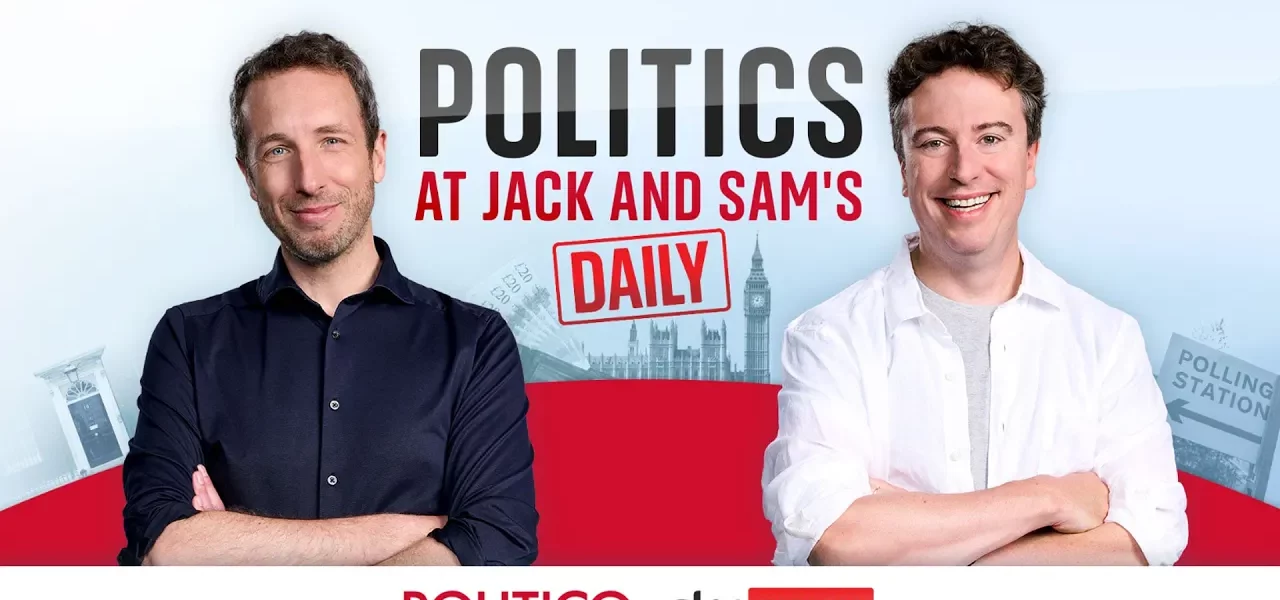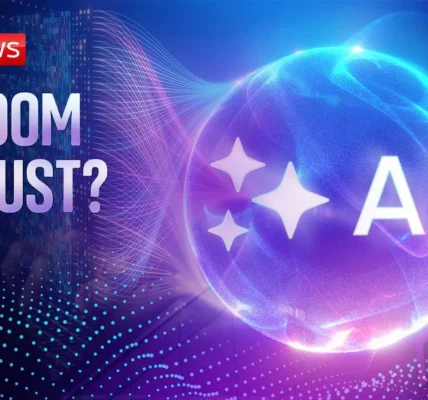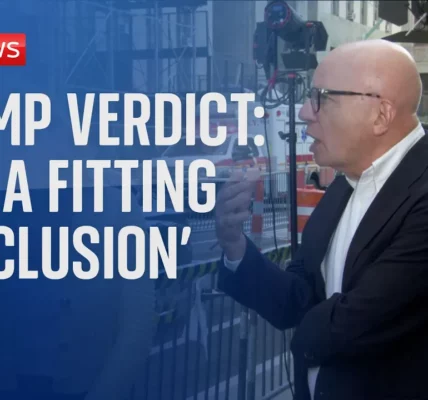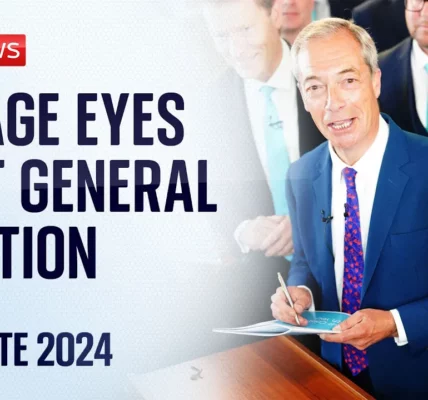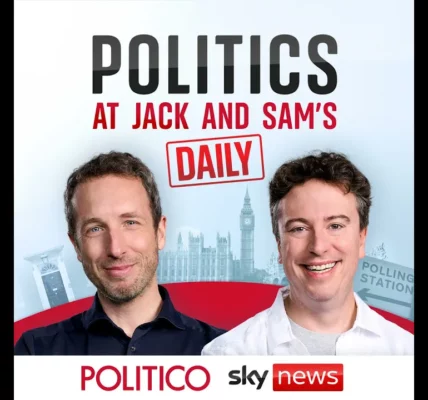The Conservative Party Conference: Insights and Analysis

Welcome to our in-depth exploration of the Conservative Party Conference, where we analyze the current political landscape in Britain, the leadership contest, and the mood surrounding the event. Join us as we delve into the discussions and debates that shape the future of British politics.
Introduction
The Conservative Party Conference is a pivotal event in British politics, often setting the tone for the party’s direction and strategy in the coming months. This year, the conference is taking place against a backdrop of significant challenges for the Conservative Party, including the aftermath of a crushing electoral defeat. In this article, we will explore the key themes, the atmosphere in Birmingham, and what to expect from the leadership contenders as they vie for the party’s future.
The Atmosphere in Birmingham
The mood at this year’s conference is notably different from previous years. Despite heavy rainfall causing disruptions, the atmosphere among attendees appears surprisingly upbeat. This is a stark contrast to the expected gloom following the party’s electoral defeat. Here are some observations about the mood:
- Attendees display a sense of resilience, often using humor to cope with the party’s current challenges.
- Many are engaged in discussions about the future, reflecting a mixture of optimism and realism.
- There is a noticeable absence of high-profile figures, such as the Prime Minister, which contributes to a more subdued environment.
Key Events and Leadership Contenders
The conference schedule is packed with events, speeches, and key discussions featuring the leadership contenders. Here’s a breakdown of the main events:
Monday’s Highlights
- Jeremy Hunt, the Shadow Chancellor, is set to speak in the morning.
- Former Prime Minister Liz Truss is scheduled to participate in a lunchtime fringe event.
- The first two leadership contenders, Tom Tugendhat and Kemi Badenoch, will face questioning in the afternoon.
Upcoming Events
Throughout the week, all four leadership candidates will have opportunities to present their views and engage with party members. Notably:
- On Tuesday, Robert Jenrick and James Cleverly will be under scrutiny.
- Wednesday will feature final speeches from all four candidates, each lasting 20 minutes.
- Thursday will include Boris Johnson’s first major TV interview since the election, attracting significant public interest.
The Current Political Landscape
The context of the conference is shaped by various external factors, including international events that overshadow local politics. The ongoing violence in the Middle East, particularly Israel’s actions in Lebanon, has diverted attention from the Conservative Party’s internal struggles. This situation raises questions about:
The Impact of International Events
While the Conservative Party Conference focuses on domestic politics, the wider geopolitical landscape cannot be ignored. Here are some key points:
- The recent escalation of violence in the Middle East has created a tense atmosphere, affecting public and political discourse.
- Party members are aware that their discussions are taking place against a global backdrop, which influences their messaging.
- There is a clear sentiment that the party must focus on internal unity and vision amidst external chaos.
Leadership Contest Dynamics
The ongoing leadership contest within the Conservative Party is a focal point of the conference. With four candidates vying for the position, the dynamics are complex and heavily influenced by the opinions of party members and MPs. Here’s a detailed look:
Candidate Profiles
Each of the leadership contenders brings unique strengths and challenges. The main candidates include:
- Kemi Badenoch: Known for her bold statements, she has sparked significant discussion with her recent comments on maternity pay.
- Tom Tugendhat: Aiming to position himself as a unifying figure within the party.
- James Cleverly: Strives to appeal to traditional Conservative values while adapting to contemporary issues.
- Robert Jenrick: Focuses on policy innovation and public engagement.
Challenges and Opportunities
The candidates face a range of challenges as they seek to distinguish themselves:
- Addressing the party’s electoral defeat and outlining a clear path forward.
- Engaging with party members and MPs to secure necessary support.
- Managing public perception, especially in light of controversial statements or miscommunications.
Conclusion
The Conservative Party Conference serves as a critical juncture for the party, highlighting both the challenges it faces and the opportunities for renewal. The leadership contest is more than just a battle for succession; it represents a pivotal moment for the future direction of the Conservative Party. As discussions unfold and events transpire, it remains essential for party members to engage thoughtfully with the issues at hand. Stay tuned for further analysis as we continue to monitor the developments from Birmingham and beyond. Subscribe to our updates for the latest insights into British politics.
“`
